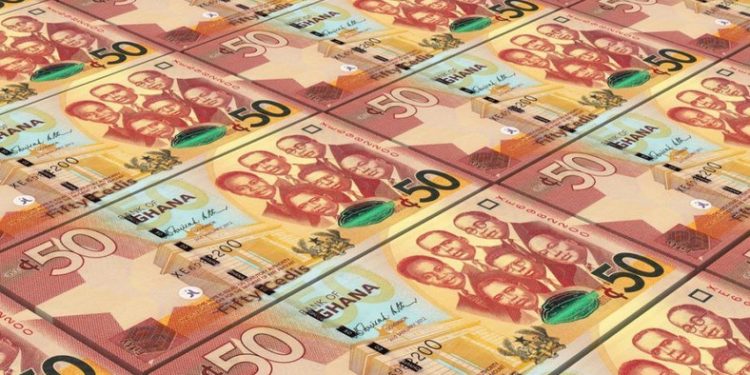Governor of the Bank of Ghana, Dr. Ernest Addison is confident the reserves it has amassed so far, coupled with other measures to be implemented by the government in 2021 should see the local currency remaining stable throughout this year.
The cedi which depreciated by 3.8 percent against the dollar in 2020, outperformed many of its peers on the African continent last year, even against the backdrop of the unfolding coronavirus pandemic.
The Ghana cedi began the year 2020 trading at GHS5.54 to a dollar.
By the middle of the year, which is June ending, it was trading at GHS5.67 to a dollar. It closed the year trading at GHS5.76 to the US currency.
Speaking on the prospects of the cedi this year, Dr. Addison said he believes the different measures being put in place by the Central Bank and other government agencies should help in keeping the currency stable throughout the year.
“We were looking at building reserves to the tune of $300 million. The question is whether the $300 million is sufficient to enable us guarantee a stable exchange rate in 2021. Obviously, it will help, but it will not be the only solution. As you know, the government has indicated its intention of going back to the capital market in 2021, so all of that will help us to keep the cedi stable,” he said.
Government’s ability to secure a US$3 billion dollar Eurobond facility last year before the full impact of the COVID-19 pandemic as well as the coming in of the US$1 billion dollar IMF RCF facility were cited as factors that ensured the availability of foreign exchange on the market and the eventual stability of the local currency in 2020.
Commenting on the fate of the cedi for 2021, Dr. Addison mentioned that most first quarters witness an increase in demand for foreign exchange which leads to some depreciation, but he is confident the reserves they’ve amassed should mitigate the seasonal demand.
“Our currency goes through a seasonal pattern in the first quarter of every year. We see quite a peak demand in the first quarter of every year. We are hoping that the reserves that we have built can help us mitigate that seasonal demand.”







